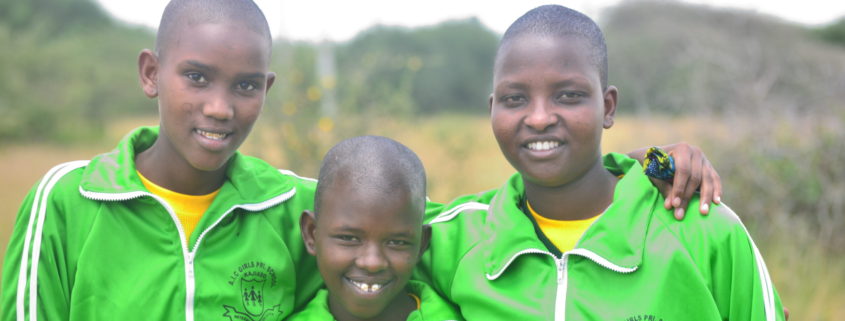Menstrual Health Management (MHM) – Forum for African Women Educationalists: FAWE
By Beverly Mumbo,
Programme Officer, SHARE (Sexual Health and Reproductive Health Education program)
Menstrual hygiene Management (MHM) refers to management of hygiene associated with the menstrual process. Lack of access to information on menstrual hygiene and sanitary products, persisting stigma and poor sanitary infrastructure causes poor menstrual hygiene which affects a girls’ social, economic and academic wellbeing. For good menstrual hygiene management, there must be; access to clean, reliable materials to absorb menses, supportive sanitation infrastructure, and biological and pragmatic information about menstruation.
Women and girls who are unable to have good menstrual health management are often exposed to other reproductive health problems such as teenage pregnancies, unsafe abortions and at times even death. Good menstrual hygiene management plays a fundamental role in enabling women and girls to reach their full potential.
While several women and girls across the world have a challenge managing their menstrual health, girls living in low-income households are disproportionately affected. Due to their economic circumstances, the challenges are higher and repercussions more severe as they are less likely to have access to information on menstrual health or sanitary products. Research indicates that 65% of women in Kenya are unable to afford menstrual hygiene products and are often pushed in to engaging in transactional sex to acquire the necessary products. While engaging in transactional sex, because of their lack of agency, these women and girls are often unable to negotiate for safe sex and end up suffering other reproductive health challenges including risks of contracting HIV/AIDS and other STIs.
In Sub-Saharan Africa, some girls will miss as much as 20% of their school year; some may drop out of school altogether. This condemns these women and girls to the cycle of poverty reducing their participation in economic development and decreasing their health and social outcomes.
While some countries such as Kenya have programs that offer free sanitary products in public schools to ensure that the levels of absenteeism reduce, NGOs and other stakeholders have had to step in to offer further support. The different stakeholders have agitated for reduced costs of sanitary products and development and implementation of menstrual health management policies. These are necessary interventions, however, to be more targeted and effective, it is prudent to have menstrual health management conversations with girls at the menarche stage or while in schools to ensure that girls get the necessary and accurate information from an early stage.
Because of the ‘taboo’ nature of menstruation, households will not have conversations around menstruation, what it is, when to expect it or how to manage it. Most young girls are often caught by surprise when they receive their first period and do not know how to go about it. Most are embarrassed and tend to hide rather than seek for the necessary information. Where girls seek for information, they often seek it from peers who may not necessarily have the correct information and end up misled.
Organizations such as the Forum for African Women Educationalists (FAWE) run programs to create awareness within schools to ensure that girls get the correct information on their menstrual health. In partnership with the Right to Play and WaterAid under the Sexual and Reproductive Health Education program, FAWE has taken a holistic approach in addressing menstrual health management. Because the negative impacts of a lack of good menstrual health and hygiene cut across sectors, the consortium has taken a multi-sectoral and holistic approach in working to improve menstrual hygiene in the selected countries. Working with the diverse ministries and schools at both primary and secondary school level, it is expected that menstrual health management and other reproductive health services and information are easily accessible.




Leave a Reply
Want to join the discussion?Feel free to contribute!